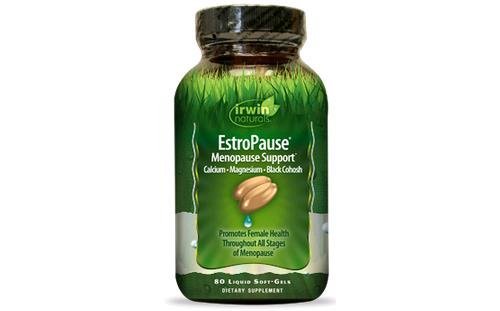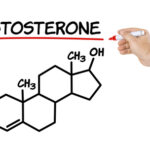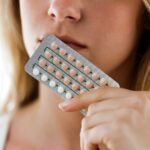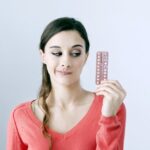How Does Estro Pause Affect Fertility?

What is Estro-pause?
Estro pause is a prescription medication containing two hormones: an estrogen hormone (Estradiol (Estro-Pause)) and a progestin hormone (norethindrone). These hormones are absorbed through your skin into your body. It works by preventing symptoms, such as feelings of warmth in the face, neck, and chest, or sudden strong feelings of heat and sweating (hot flashes) in women during menopause.
Estro-Pause skin patch is used to treat moderate to severe hot flashes and other symptoms of menopause. It is also used to treat changes in and around the vagina (such as vaginal dryness, itching, and burning) caused by low estrogen levels or menopause. This medicine is also used to treat certain conditions in women before menopause if their ovaries do not make enough estrogens naturally.
How does Estro Pause affect fertility?
As you enter the menopausal stage of your life, you might be wondering if you can still get pregnant. It’s a good question, since the answer will affect family planning and birth control decisions.
It’s important to understand this transitional time of life. Even if you’re having hot flashes and irregular periods, it doesn’t mean you can’t get pregnant. It does mean you’re probably a lot less fertile than you once were, though.
You haven’t officially reached menopause until you’ve gone a whole year without a period. Once you’re postmenopausal, your hormone levels have changed enough that your ovaries won’t release any more eggs. You can no longer get pregnant naturally.
Norethindrone can prevent conception by suppressing ovulation in approximately half of users, but studies have shown that estradiol patch can improve ovulation rates in women with spontaneous premature ovarian failure. The ovaries are glands in women that produce female hormones and normally release an egg once a month. In women with spontaneous premature ovarian failure, the ovaries stop working too soon. Women with this disorder have abnormally high levels of leuteinizing hormone (LH) in their blood, which impedes normal ovulation. In some women, estrogen replacement can suppress LH levels to the normal range.
What are the possible side effects of Estro-Pause?
The most commonly reported adverse reaction to Estro-Pause in clinical trials was redness and irritation at the application site. The following adverse reactions have been reported with estrogens in general.
Gastrointestinal:
- Nausea
- Vomiting
- Abdominal discomfort (cramps, pressure, pain)
- Bloating
- Gallbladder disorder
- asymptomatic impaired liver function
- Cholestatic jaundice.
Genitourinary:
- Breakthrough bleeding
- Spotting
- Change in menstrual flow
- Dysmenorrheal
- vaginal itching/discharge
- endometrial hyperplasia
- Premenstrual-like syndrome
- reactivation of endometriosis
- Cystitis
- Changes in cervical erosion and amount of cervical secretion.
Dermatological/Hypersensitivity:
- Allergic contact dermatitis
- Reversible post-inflammatory pigmentation
- general pruritus and exanthema
- Loss of scalp hair
- Phloasma
- Pigmentation of the skin
- Erythema nodosum
- Erythema multiforme
- Hemorrhagic skin eruptions
- Precipitation or aggravation of porphyria cutanea tarda in predisposed individuals.
Isolated cases of anaphylactoid reactions (some of the patients had a history of previous allergy or allergic disorders).
Endocrine:
- Breast swelling and tenderness
- Increased blood sugar levels
- Decreased glucose tolerance
- Sodium retention.
Cardiovascular/Hematologic:
- Palpitations
- Isolated cases of: thrombophlebitis, thromboembolic disorders, exacerbations of varicose veins, increase in blood pressure. Coronary thrombosis; altered coagulation tests.
CNS:
- Aggravation of migraine headaches
- Headaches; mental depression
- Nervousness; dizziness
- Fatigue; irritability, neuro-ocular lesions (e.g., retinal thrombosis, optic neuritis).
Ophthalmic:
- Visual disturbances
- Steepening of the corneal curvature
- Intolerance to contact lenses; neuro-ocular lesions.
Miscellaneous: Changes in appetite; changes in body weight; edema; neuritis; change in libido; musculoskeletal pain [including leg pain not related to thromboembolic disease (usually transient, lasting 3 to 6 weeks). If symptoms persist, the dose of estrogen should be reduced].





